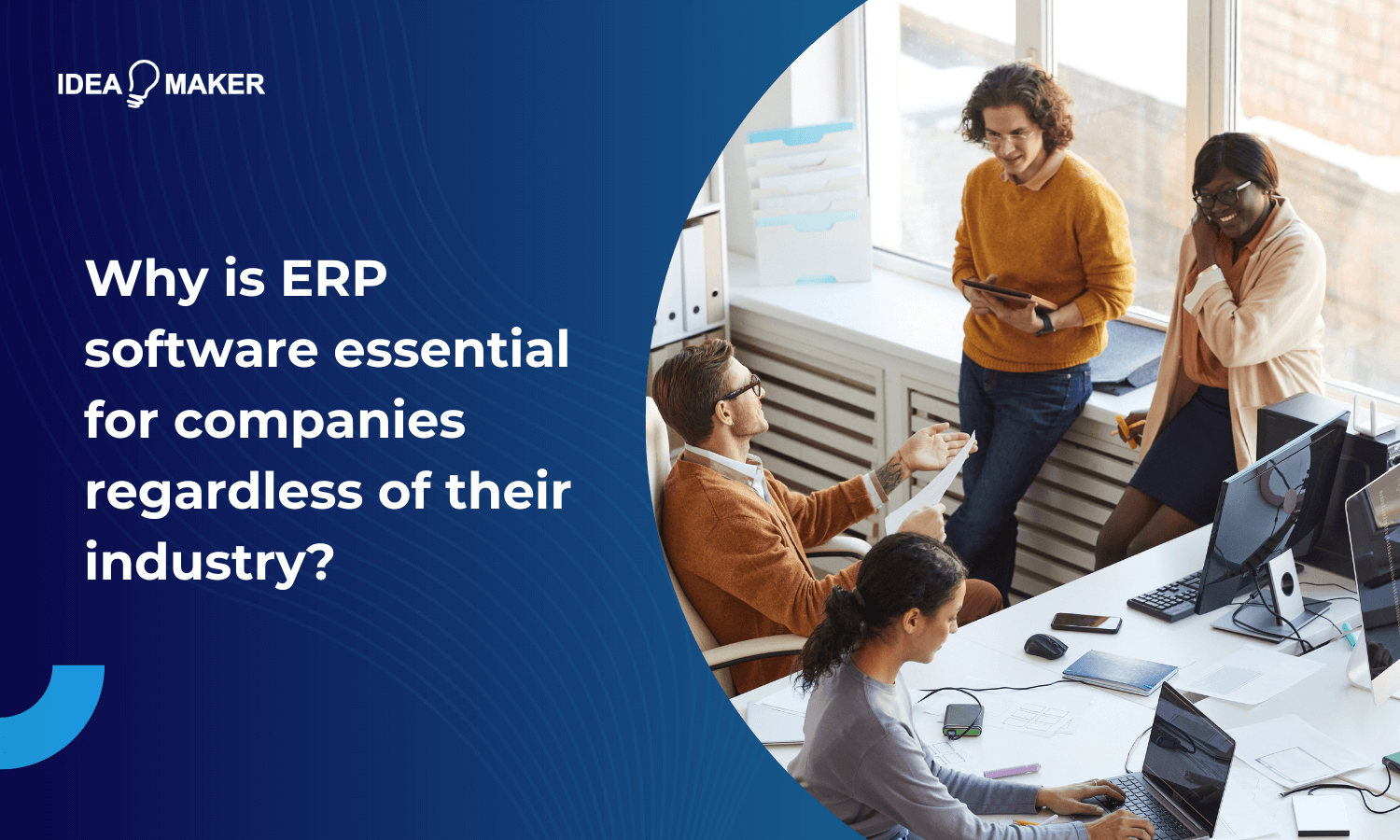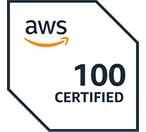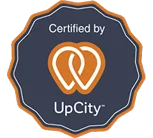No matter your industry, finding ways to streamline business processes is crucial for the success of your company. As a result, more and more companies are utilizing enterprise resource planning software in order to effectively manage daily tasks across different departments.
In this article, we’ll discuss ERP systems more in depth and explore how the software can be used to elevate your business’ overall operations. Keep reading to learn more.
Table of Contents
What Is ERP Software?
As the name suggests, enterprise resource planning (ERP) software allows businesses to manage day-to-day operations, including organizing their assets, finances, employees, procurement, and risks. ERP applications help businesses run smoothly by centralizing data from across business departments, automating tasks, and adding an extra layer of efficiency.
Common Use Cases of ERP Software
ERP is used for many types of enterprises; however, some uses are more common than others.
Stock Management
Stock management software allows businesses to accurately and conveniently manage and monitor their inventory, increasing efficiency and enhancing decision-making. In fact, many stock management ERP applications will automatically order new stock when stock levels reach a certain threshold. This way, companies can easily ensure that customers have access to the products they need.
Customer Relationship Management
Customer relationship management (CRM) software gives businesses the ability to effectively manage their customer base and online reputation. These applications typically come equipped with automation integration for scheduling emails in bulk, as well as demographic information for marketing purposes, providing a central location for managing customer relationships.
Asset Management
Asset management applications help businesses record their assets (an item of property or software) lifecycle from procurement to disposal. Crucially, asset management software enables users to organize and monitor their assets, identifying where they are located and who is using them. This is especially useful in determining business wealth, as an overview of asset value can be easily located.
Financial Management
Financial management ERP applications put businesses in control of their finances, allowing them to manage their income and expenses across departments from one centralized location. The benefit of this is that all their financial information is available in one place, making it easier to effectively distribute monetary resources. Financial management applications typically have several useful features, too, such as payment scheduling, invoicing, and investment portfolio management.
Benefits of Having an ERP System
While the above section discusses a few advantages of ERP systems, it barely scratches the surface of how the software can benefit businesses.
Streamline Operations
Enterprise resource planning (ERP) system allows businesses to streamline their operations and manage their information from one central location. This means that users do not have to switch between applications and can make informed decisions about their business using company-wide datasets. As a result, ERP applications make it easier to spot inefficiencies within businesses.
Enhanced Productivity
ERP applications can enhance business productivity by offering various options for task automation. For example, common ERP functionality includes bulk email automation, meaning marketing teams won’t have to spend hours sending hundreds of individual emails, freeing up employees to focus on more important tasks.
Improved Data Accuracy
When migrating information between multiple systems, it’s easy for data to get lost or inputted correctly, especially without the use of automation. Having a centralized application to store all your business data, however, reduces the chance of discrepancies, as there is no need to transfer information between databases.
Enhanced Collaboration and Communication
ERPs connect departments and workflows across an organization by centralizing data and processes into a single system. This not only improves visibility, transparency and collaboration between teams, it also facilitates better communication through features like messaging.
Better Customer Service
ERPs elevate customer service by providing a single view of customer data and interactions across the business. This gives customer-facing teams enhanced insights to offer more personalized and informed service based on past interactions and purchase history.
Increased Scalability
As a business grows, an ERP system can scale along with it. This is because ERPs make it easier to add new features, users and sites without extensive reconfiguration. The cloud-based deployment of modern ERPs also provides flexibility to scale up or down.
Enhanced Reporting and Analytics
Consolidated data from across the organization provides valuable insights through ERP analytics and reporting. Management can use ERP reports and dashboards to identify trends, pain points and opportunities to improve efficiency and performance.
Enterprise Resource Planning Software From Idea Maker
Does it sound like your business could benefit from enterprise resource planning software? If so, why not have your own custom ERP application built for your exact business needs? At Idea Maker, we have a team of expert software developers dedicated to providing you with exceptional results. Schedule a free consultation with us today to learn more about what our services can do for your business.











